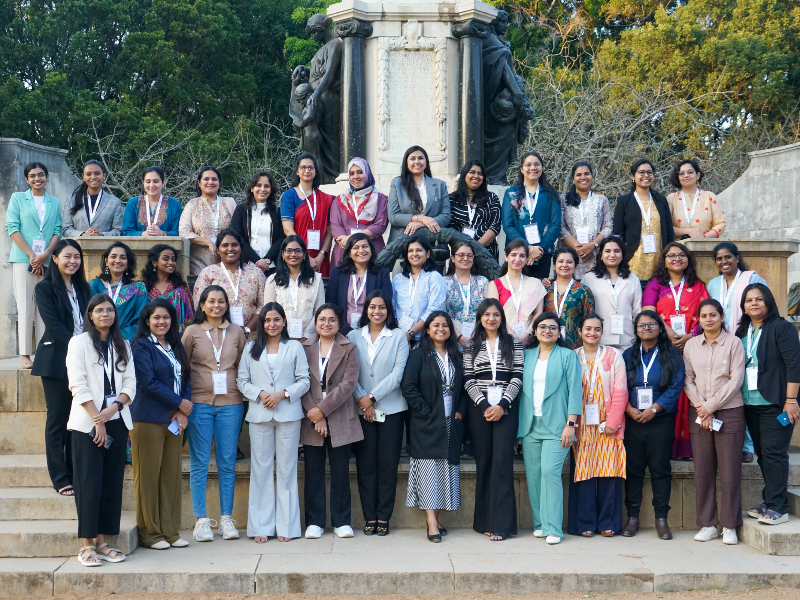Three minutes to unemployment: Layoffs as shared language
Across India or the United States, the job lay-off tone is strikingly similar: exhaustion mixed with disbelief. Layoffs have ceased to be events; they’ve become patterns.
 Representative Image / Pexels
Representative Image / Pexels
It now takes less time to lose a job than to make a cup of tea.
One Indian employee working remotely for a U.S. company described it simply: “Logged in at 9, saw a calendar invite for 11… cameras and mics disabled… ‘We’ve made the difficult decision’… and he left at 11:04.” No discussion. No warning. Just three minutes to erase months or years of contribution.
Here’s his story, first hand, in detail: “I work from home for a US based company and it was literally like any other day, woke up at 8:30, logged into work at 9 and saw a calendar invite for 11. It was a mandatory meeting with our COO for all India employees. I joined it at 11, he joined at 11:01, disabled everyone’s cameras and mics, casually let us know that they had “made the difficult decision of letting most of their Indian work force go” and that “it wasn’t a performance-based assessment but just due to internal organisational restructuring”. He said all this and left the meeting at 11:04, with all of us shocked, stunned, frustrated, stressed. It just took three minutes of his day.”
What is startling is not the cruelty, but the recognition. The comments beneath the post read less like reactions and more like echoes. “Exact same way for me,” said one. “Two minutes of talk about restructuring, and poof — gone.” Another didn’t even flinch anymore: “Laid off four times in five years. This time it didn’t hurt. The HR calls afterward are the real pain.”
Across India or the United States, the job lay-off tone is strikingly similar: exhaustion mixed with disbelief, a kind of emotional muscle memory. Layoffs have ceased to be events; they’ve become patterns. One person pushed code to production and gave a video demo to leadership—only to find their access revoked an hour later. Someone else recalled being told to sign an agreement “before 8 PM or it would appear that we were fired instead.”
The practical challenges are obvious—months of job hunting, interviews that reopen wounds—but what lingers most is the psychic damage. “Those voices are still in my head,” one commenter admitted. Another confessed, “It scares me to date. One moment you’re building, the next you’re an outsider.”
Yet beneath the shock lies something else: a quiet strategy for survival. One worker who refused to tolerate toxic leadership found herself excluded during restructuring. She stayed home for a month—“relaxed, prayed, kept applying”—and eventually landed somewhere healthier. A content professional, laid off alongside the colleague she’d referred, accepted defeat with clarity: “I frankly have zero hopes left… I’m a singer-songwriter at heart. I’m finally pivoting.”
There is no sugarcoating here. Nobody says “everything happens for a reason.” They say, “It sucks.” They say, “You’ll feel lost.” But they also say, “You’ll come back.”
What is remarkable is how communal this grief—and recovery—has become. The internet is functioning as the emotional safety net that corporations no longer provide. One stranger wrote, “Stay true to yourself. Trust your skills. Stay positive.” Another replies with prayer. Another with rage. Another with referral links.
Perhaps this is what professionalism looks like now—not loyalty, not stability, but resilience traded like currency among strangers. If companies have made exits impersonal, workers have made recovery collective.
It may only take three minutes to lose a job. But rebuilding, it turns out, begins in the comments.
ADVERTISEMENT
ADVERTISEMENT
E Paper
Video




1759953093.png) Staff Reporter
Staff Reporter













Comments
Start the conversation
Become a member of New India Abroad to start commenting.
Sign Up Now
Already have an account? Login